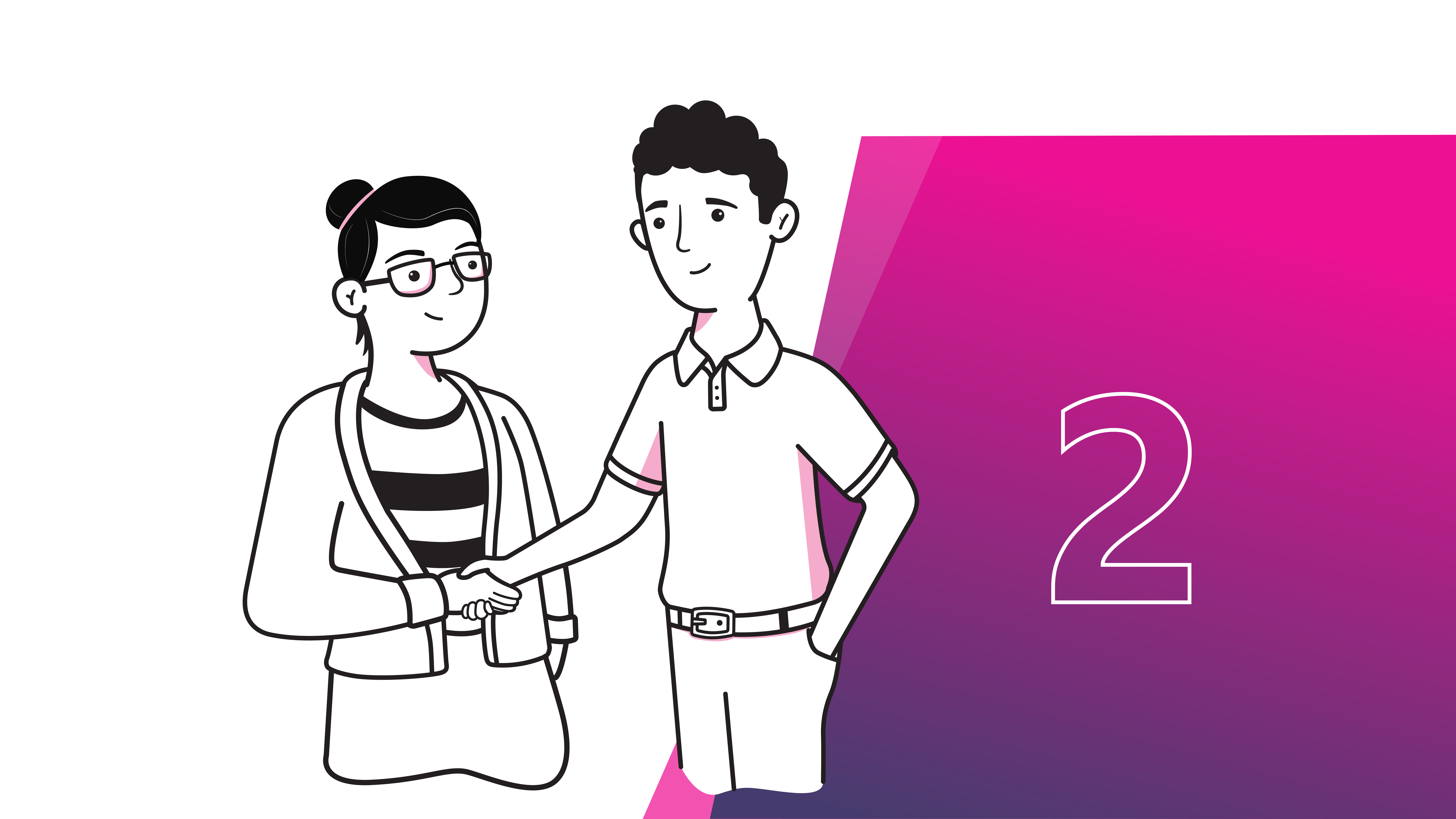Signs and symptoms of autism
Recognising the signs of autism can be an intricate process.
Autism symptoms can vary dramatically from person to person and from young children to young adults and beyond, given the nature of the autism spectrum.
However, common indicators generally centre around two areas: social interaction and repetitive behaviours.
Some young children may exhibit difficulties in social skills like understanding body language, making eye contact, or relating to their peers.
They might also display repetitive behaviours or have highly specific interests.
For others, sensory issues can be a big part of your experience living with ASD.
You might find you are hypersensitive to different types of sensory input like sounds, textures, tastes, or visual stimuli, which can lead to sensory overload.
Your learning process may also look different, meaning you pick up new skills in unique ways that align with how you prefer to process the world.
While there are some common challenges associated with autism that are fairly general, no two lived experiences are the same.
If you’re unsure whether you could be living with autism, you may find our article on how to know if you have autism helpful.
As always, we recommend seeking professional healthcare advice if you’re uncertain.
Employment and autism
Living with autism need not be a barrier to fulfilling employment. In fact, many adults living with autism excel in their chosen fields, particularly those that play to their strengths.
While the way your condition affects you in the workplace will differ for everyone, as a general guide, jobs that involve pattern recognition, attention to detail, or working with data can be excellent options.
The key factors to remember when searching for meaningful work include applying for jobs that will allow you to use your strengths and looking for an employer and kind and understanding colleagues.
As long as you feel comfortable where you work, and enjoy what you do every day, there is no limit to the things you can achieve in your professional life.
If you’re living with autism and struggling to find a job, explore our step-by-step guide on how to get a job with autism.
If you find that you need some extra support on your employment journey, there are professional Inclusive Employment Australia that can help.
Inclusive Employment Australia providers such as APM specialise in helping people living with autism find and keep meaningful work and can help you every step of the job search journey from resume creation to interview preparation.
How to manage autism in your workplace
Navigating the professional landscape while living with autism can feel overwhelming at times, but it doesn’t need to be.
By practising a few of the following tips, you might find it easier to manage your daily life at work:
- Understand and use your strengths. From detail-oriented tasks to pattern recognition, focusing on ways to use your unique talents at work is a great place to start on your journey to fulfilling employment.
- Communicate your needs with your employer and colleagues. At work, communication and making your needs known is key. The more your employer and colleagues understand your situation, the more they’ll be able to support you along your journey. You may request to be assigned to a particular task that you excel at more often, or other reasonable accommodations to manage your autism-specific challenges, like noise-cancelling headphones or flexible working hours. If making these requests is difficult, consider other methods of communication such as an email or written letter.
- Work on your personal coping strategies. While personal coping strategies are great for outside of the workplace, they can be equally as effective at work, helping you manage stress, anxiety, or sensory overload.
If you are currently working in a place you love but are experiencing some challenges day-to-day, there are plenty of workplace modifications that can be made to help you get your job done more effectively and comfortably.
If you are finding it hard to communicate things like this with your employer, you might like to consider getting support from Inclusive Employment Australia, who are professionals in helping people living with autism thrive at work.
The employment journey when you’re living with autism can come with challenges, but there is plenty of support and resources available to help you achieve a fulfilling and meaningful career.
How to support someone living with autism
Supporting someone living with autism is a commitment that begins with understanding.
Learning about the condition, being patient, and practising empathetic communication is fundamental.
Whether it's family members, friends, or employers, everyone has a role to play.
While every person living with autism has unique and individual needs, some general support tips that can help pave the way for meaningful relationships include:
- Use clear, concise language
- Respect personal space
- Learn about their specific interests
- Become aware of any sensory triggers
- Encourage professional support where necessary
To learn more about what these steps look like in action, read our recent blog: How to support someone living with autism.
Living with autism is a journey that looks different for everyone.
While persevering through the challenges that you face every day is hard, with awareness, understanding, practising personal coping strategies, and finding the right support, you’ll be able to navigate the environments around you more comfortably and lead a much more fulfilling life.
Ready to get started?
Register now to see if you’re eligible for our, Inclusive Employment Australia program and start your employment journey.
FINDING THE RIGHT JOB FOR YOU
Your personal job plan
APM helps job seekers succeed in their search with tailored job support and guidance.
3 steps to making a positive change in your life
When you register with APM, we check your eligibility for the program, and help you get started. We guide you through the Centrelink process and your initial assessment, which decides your capacity for employment and suitability for the program.







